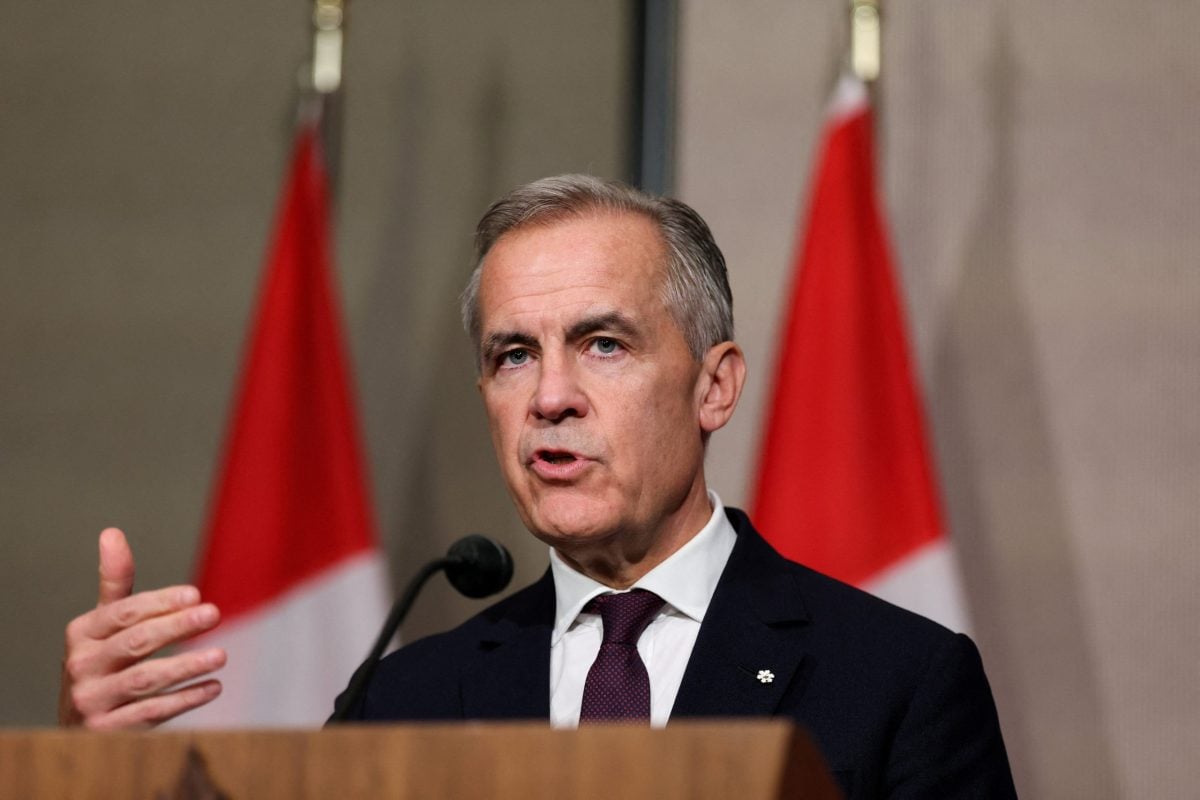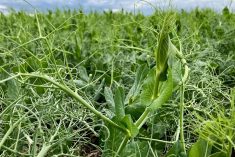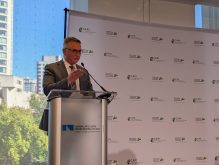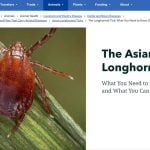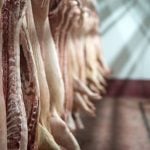Gyeongju, South Korea/Beijing | Reuters — Prime Minister Mark Carney agreed to visit China after meeting with President Xi Jinping on Friday, in an encounter that may have marked a turning point but offered no breakthroughs on trade.
Xi and Carney met on the sidelines of the Asia-Pacific Economic Cooperation (APEC) forum in Gyeongju, South Korea, which was part of Carney’s tour of Asia aimed at deepening trade and security ties in the region as Canada strives to reduce its dependence on the U.S.
Read Also

U.S. grains: Soy futures post biggest monthly gain in nearly five years on China trade optimism
U.S. soybean futures climbed to a 15-month high and posted their biggest monthly gain in nearly five years on Friday following a rally fueled by the prospect of revived exports to China.
Why it matters: Canadian farmers currently face steep Chinese tariffs on canola, peas and pork.
The last formal meeting between the leaders of Canada and China happened in 2017 when then-Prime Minister Justin Trudeau had a brief exchange with Xi at a meeting in San Francisco.
Canada remains embroiled in a trade dispute with the United States, its biggest trading partner.
China is Canada’s second-biggest trading partner, but recent disputes have complicated relations.
“The meeting signals a change in tone and an openness to relations at the highest levels, but this is not a return to strategic partnership,” said Vina Nadjibulla, vice president of the Asia Pacific Foundation of Canada. “Canada needs to proceed with caution because there’s nothing to suggest the Chinese Communist Party’s actions have changed since the prime minister named China as a foreign security threat.”
She said Carney should keep talking with Chinese leaders but stay mindful of China’s threats to Canada’s security interests, including its efforts to play a greater role in Arctic affairs.
Carney has previously stressed the need to restart broad engagement with China after years of worsening ties.
In recent years, Canadian citizens were detained and executed in China, and Canada’s security authorities concluded that China interfered in at least two federal elections.
Carney and Xi discussed trade issues including agriculture and agri-food products, such as canola, as well as seafood and electric vehicles, Carney’s office said.
“Prime Minister Carney accepted President Xi’s invitation to visit China at a mutually convenient time,” it said in a statement.
China announced preliminary anti-dumping duties on Canadian canola imports in August, a year after Canada said it would levy a 100 per cent tariff on imports of Chinese electric vehicles.
Xi says China is willing to work with Canada
Xi told Carney that China values Canada’s stated readiness to improve bilateral relations, according to state broadcaster CCTV, adding that China was willing to work with Canada to put ties back on track.
Earlier on Friday, Carney told a business event that the world of rules-based liberalised trade and investment had passed, adding that Canada aimed to double its non-U.S. exports over the next decade.
Nadjibulla said China should not be viewed as the solution to Canada’s issues with the U.S., however.
“We should not diversify away from the U.S. and go deeper into China,” she said. “Canada’s overdependence on both the U.S. and China has been shown to be a vulnerability we cannot afford.”
— Reporting by Joyce Lee in Seoul and Ethan Wang in Beijing; Additional reporting by Maria Cheng in Ottawa.

